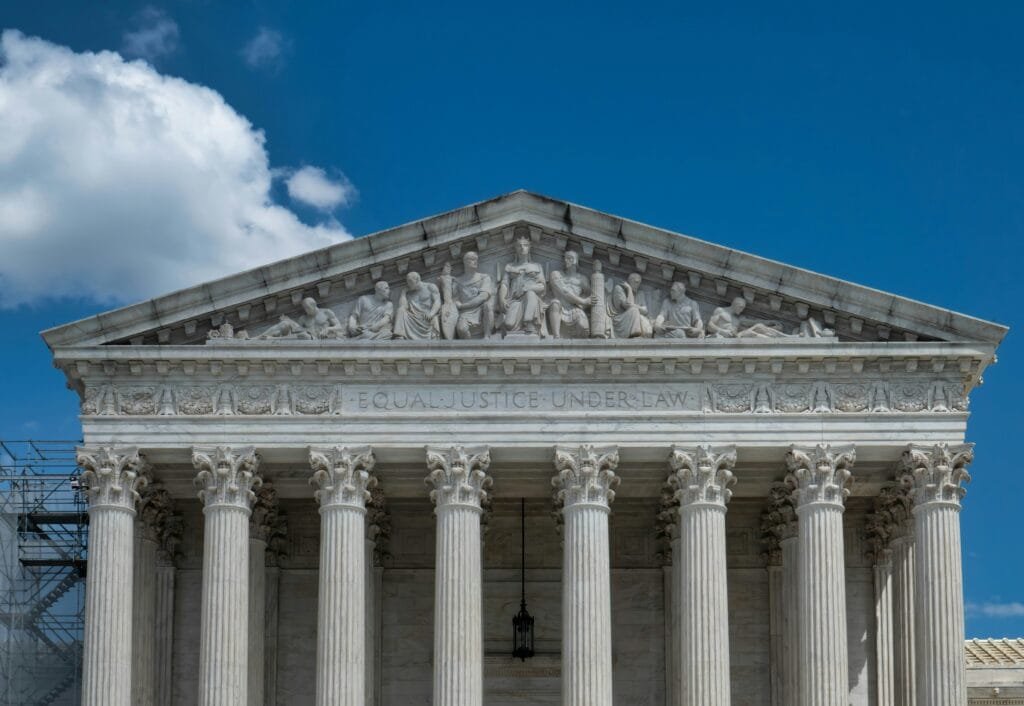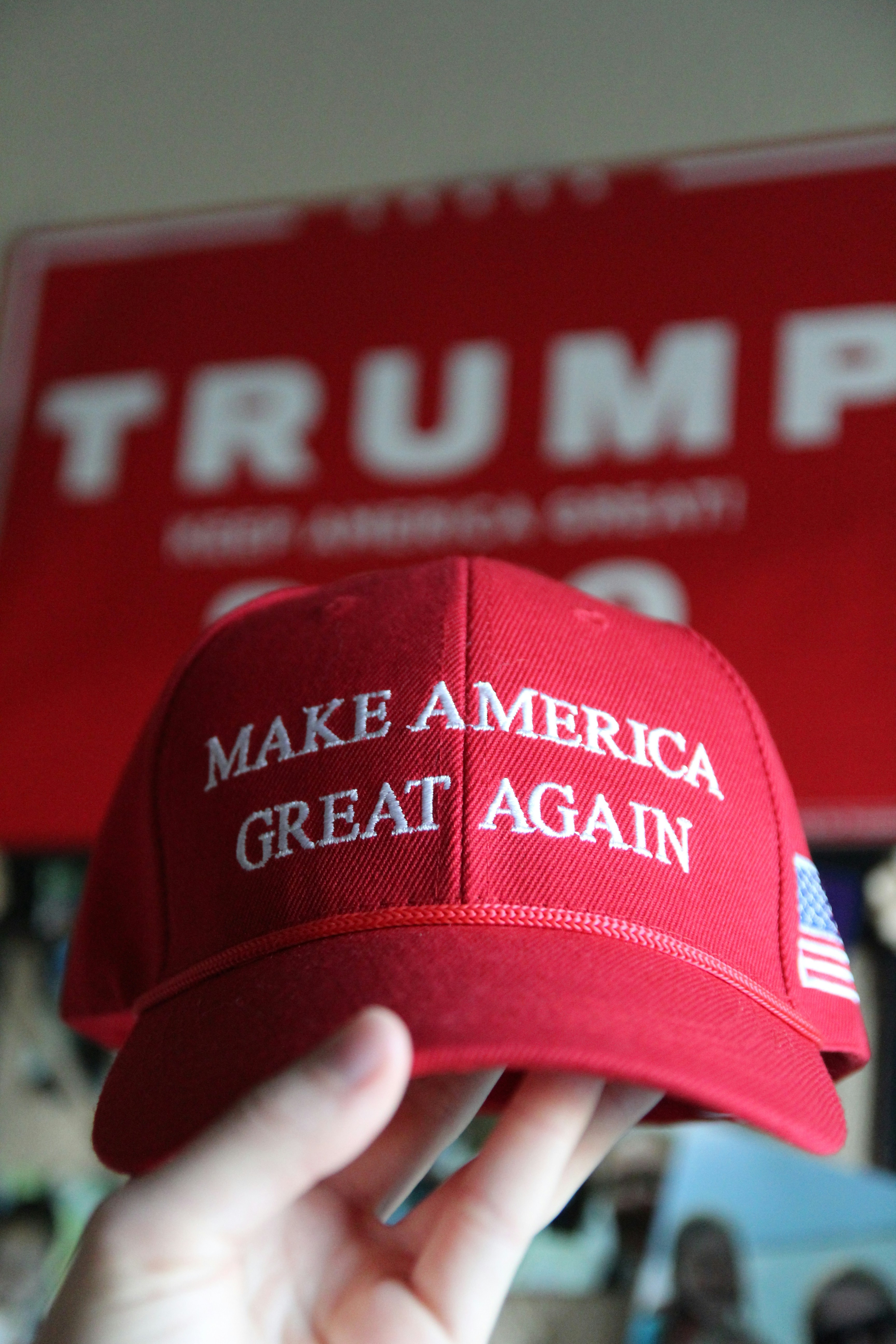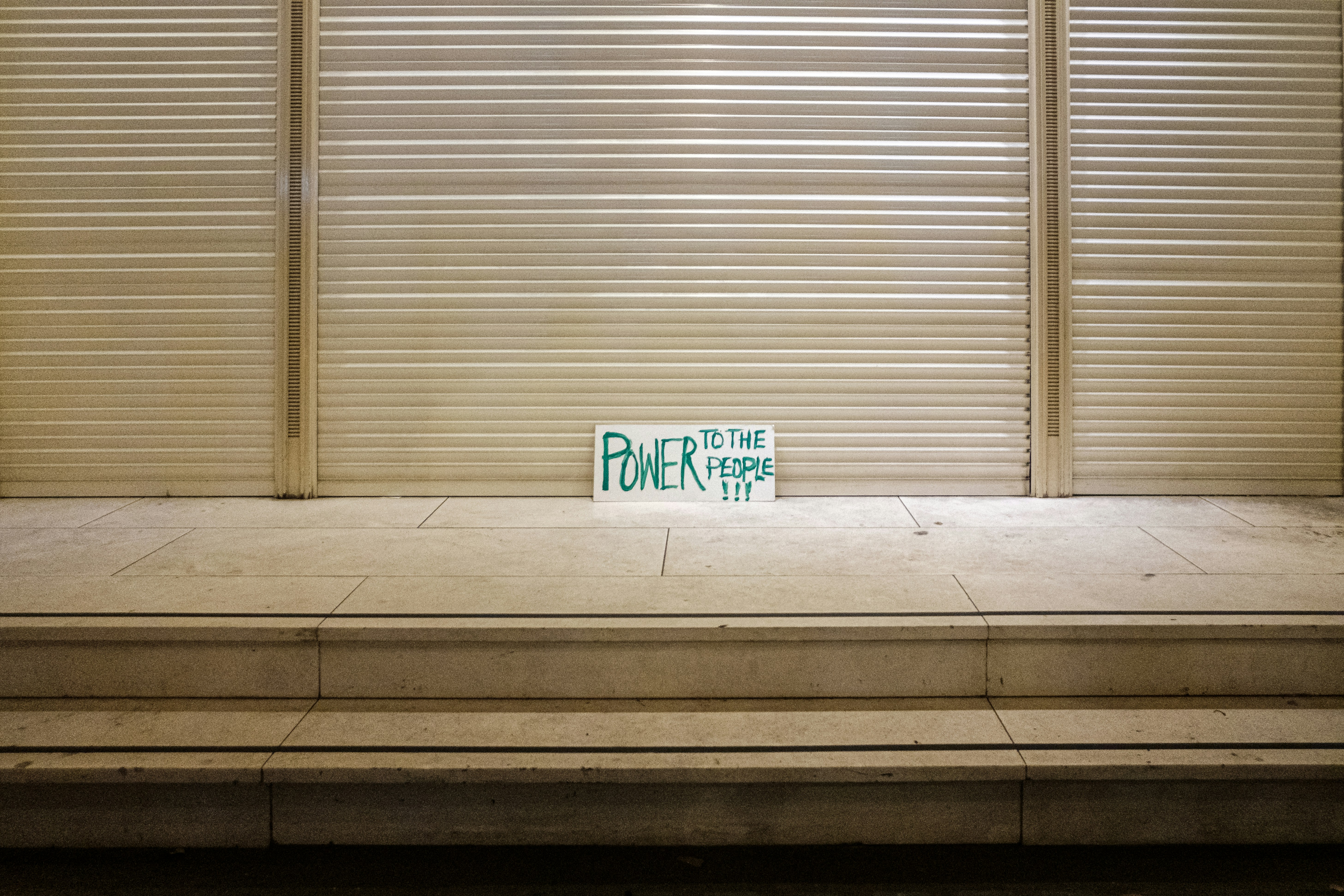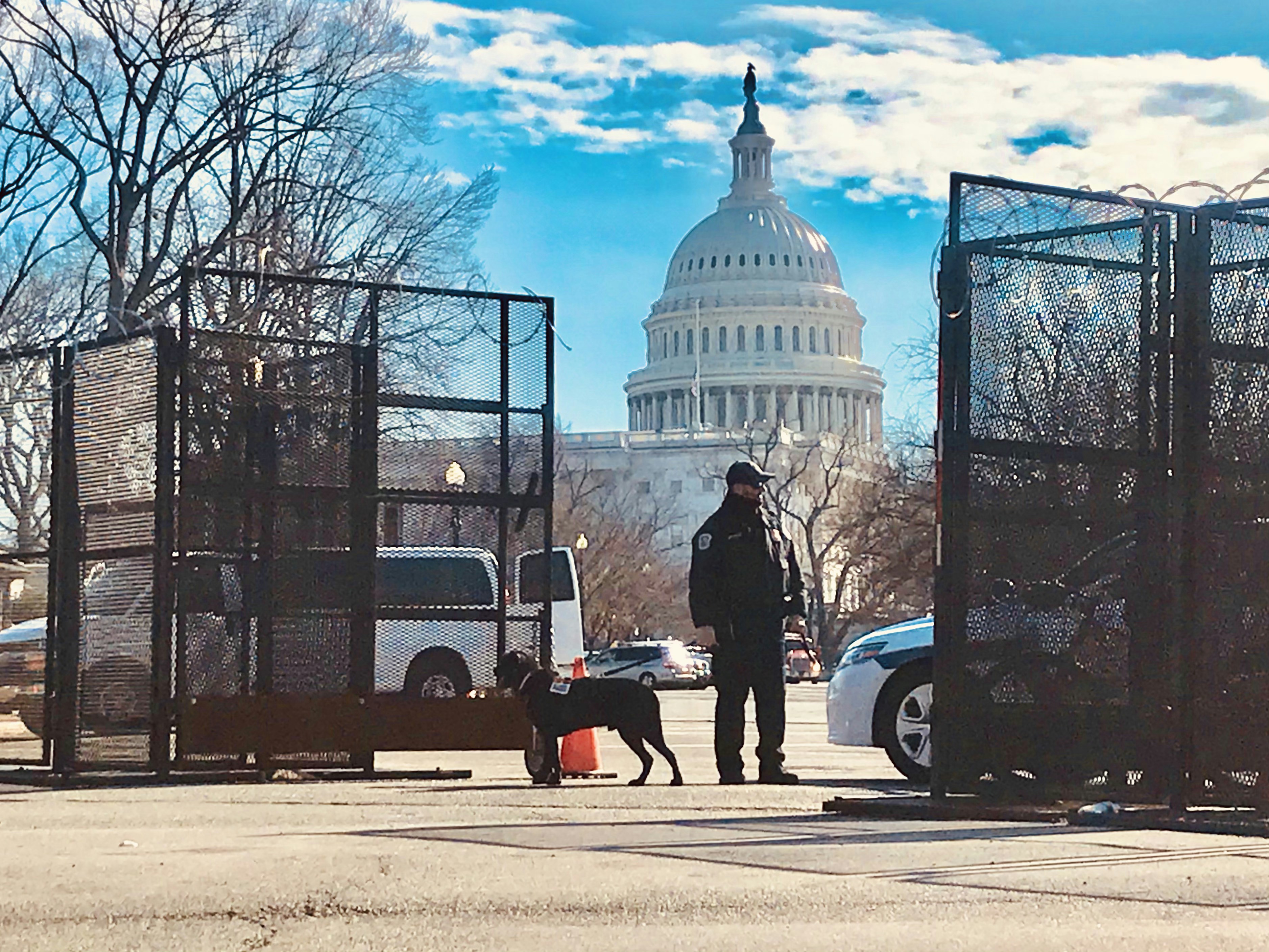Supreme Court: The Consequences of Trump’s Defiance

Understanding the Supreme Court’s Authority
The Supreme Court of the United States serves as the highest judicial authority within the federal judiciary and plays a pivotal role in interpreting the law and ensuring that the Constitution is upheld. Established under Article III of the Constitution, the Supreme Court’s authority encompasses the responsibility to render decisions on cases involving federal law, treaties, and disputes between states, among other matters. The rulings made by the Court set precedents that shape the legal landscape and guide lower courts in their adjudications, thereby reinforcing the rule of law across the nation.
The Supreme Court’s decisions are essential in maintaining the balance of power within the government, serving as a check on legislative and executive actions. This principle is rooted in the concept of judicial review, established in the landmark case Marbury v. Madison (1803), which affirmed the Court’s authority to overrule laws and actions that contradict the Constitution. By doing so, the Supreme Court ensures that all governmental actions remain consistent with constitutional provisions, thereby safeguarding the rights of individuals and maintaining public trust in the legal system.
Compliance with Supreme Court decisions is crucial; failure to adhere to these rulings undermines the very foundation of the American legal system. If government officials or citizens choose to reject the authority of the Supreme Court, it poses serious implications for the rule of law. This disregard could lead to an erosion of civil liberties and create a precedent for selective compliance, where laws only apply to certain individuals or entities. The legal system thrives on the principle that all are subject to the law, and the Supreme Court’s role is central in maintaining this universal application. Therefore, respecting the authority of the Supreme Court is vital for ensuring justice and equality for all members of society.
Trump’s Open Defiance Explained
Throughout his presidency, Donald Trump demonstrated a notable pattern of openly defying the authority of the Supreme Court. This defiance manifested in various instances, reflecting a deep-seated belief among his supporters that traditional checks and balances could be circumvented. For example, after the Supreme Court ruled against his attempt to end the Deferred Action for Childhood Arrivals (DACA) program, Trump openly criticized the decision, portraying it as politically motivated rather than a legal ruling. His actions suggested a conviction that he could operate outside the constraints typically imposed by judicial authority.
The motivations for Trump’s defiance can be viewed through multiple lenses, most prominently through the lens of political immunity. Supporters have often shielded him from criticism, effectively creating an environment where he perceives himself as unassailable. This perceived immunity is reinforced by his base, which often rallies around him even in the face of legal rulings that challenge his proposed policies. The unwavering support from his followers plays a crucial role in emboldening Trump’s actions, as he feels empowered to maintain a confrontational stance against institutions like the Supreme Court.
Moreover, the absence of significant pushback from political institutions contributes to his sustained defiance. When faced with Supreme Court rulings, rather than conceding to the authority of the judiciary, Trump has frequently chosen to dismiss or undermine the legitimacy of those decisions. This approach not only aligns with his broader strategy of appealing to his base but also highlights a broader trend: a gradual erosion of respect for established institutions in the current political landscape. Such behavior raises concerns about the long-term implications for the judicial system, threatening its role as a critical check on executive power.
The Role of Accountability in Democracy
Accountability is a fundamental tenet of any democratic system, serving as a mechanism that ensures government officials and institutions act in accordance with the law. Within a democracy, leaders are expected to uphold legal rulings and regulations, regardless of their personal or political biases. This principle is essential for maintaining the rule of law and safeguarding citizens’ rights. Historical precedents illustrate that when leaders defy legal authority, they undermine the very foundation of democracy, potentially leading to significant political and social consequences.
Throughout history, there have been notable instances of political accountability that highlight the importance of adhering to legal standards. For example, former President Richard Nixon faced substantial repercussions following the Watergate scandal. His resignation in the face of impeachment proceedings demonstrated that despite holding a powerful position, leaders can be held accountable for their wrongdoings. Such actions reinforce public trust in democratic institutions, emphasizing that no individual is above the law.
In contrast, the current situation involving former President Donald Trump presents a stark disparity in accountability. Although his administration encountered numerous legal challenges and controversies, including direct defiance against various Supreme Court rulings, the immediate repercussions that typically follow such actions were not observed. This lack of accountability raises concerns regarding the integrity of the democratic process. When political figures evade consequences for their actions, it sends a perilous message: that adherence to the law is optional and that political power can shield leaders from accountability.
The implications of this situation extend beyond individual actors, suggesting a potentially long-term impact on the health of democracy itself. If citizens perceive that leaders can act without accountability, their faith in the system diminishes, undermining the very principles that democracy is built upon. Upholding accountability is crucial for fostering public trust, ensuring that democracy remains robust and effective for all individuals. The importance of accountability in a democracy cannot be overstated, as it serves to protect the rule of law and maintain equitable governance.
The Future of Legal Challenges and Constitutional Upholding
As we reflect on the ramifications of former President Trump’s defiance against the Supreme Court, it becomes evident that the landscape of legal challenges will likely evolve significantly in the coming years. His actions have set a precedent that could embolden future political figures to similarly resist legal scrutiny, creating a precarious environment for constitutional upholding. The volatility surrounding the intersection of political power and judicial authority will ripple through future governance, compelling institutions, lawmakers, and citizens to reassess the mechanisms of accountability.
Looking ahead, it is crucial to consider the implications of this ongoing struggle for the rule of law. As legal practitioners and civic leaders navigate this complex terrain, we may see a shift toward more strategic litigation efforts aimed at reinforcing constitutional values. The likelihood of litigation surrounding executive actions and legislative changes is expected to increase, representing a critical juncture where institutional integrity must prevail amidst political divisiveness. Future legal challenges could focus on asserting the independence of the judiciary and the protection of civil liberties, ensuring that no political figure is beyond the reach of accountability.
Moreover, restoring checks and balances requires not only legal interventions but also a concerted effort from citizens and advocacy groups. Mobilizing grassroots campaigns, promoting civic education, and encouraging public discourse on the importance of constitutional principles will be essential in fostering a resilient democracy. With courage and conviction, citizens can challenge overreach while supporting legislative initiatives that fortify existing frameworks of governance.
In conclusion, the future of legal challenges in response to defiance against the Supreme Court will increasingly hinge on the collective commitment to preserving the rule of law. By harnessing the lessons of the past and addressing the threats posed by unchecked political power, institutions and citizens can work collaboratively to ensure that constitutional upholding remains a cornerstone of American democracy.




